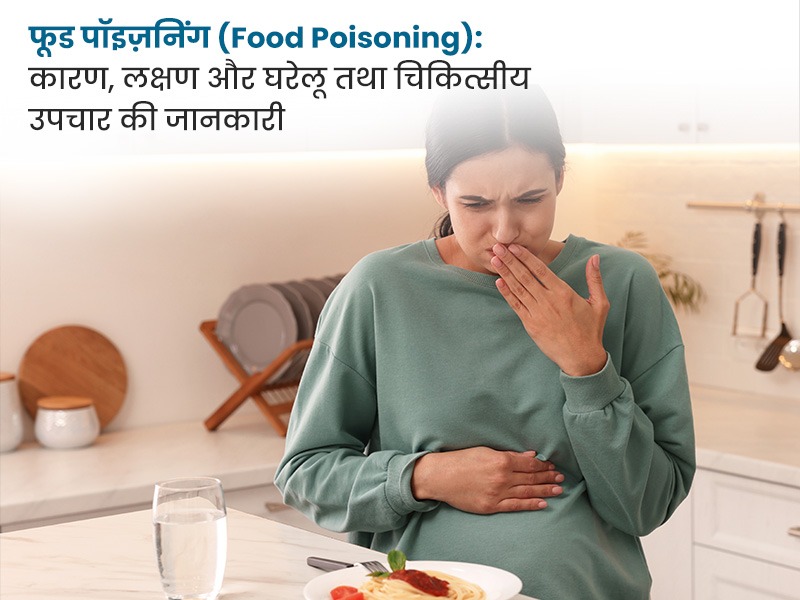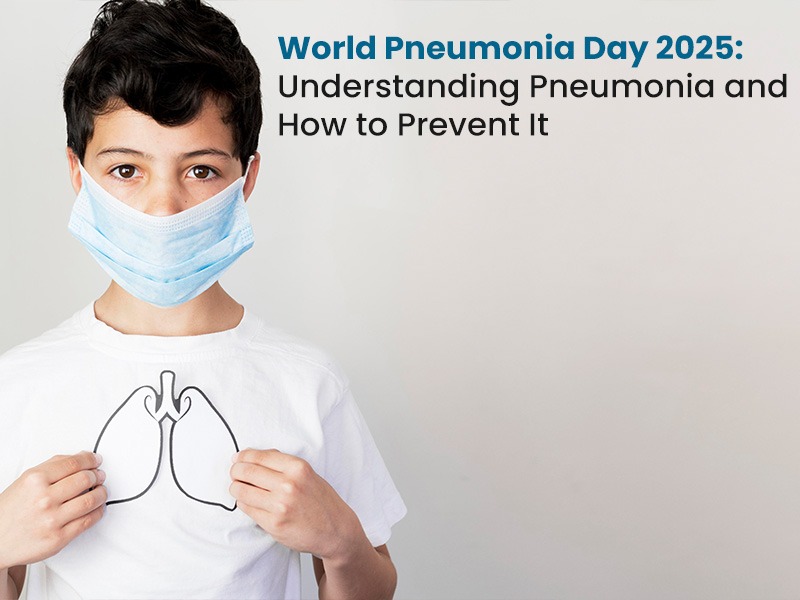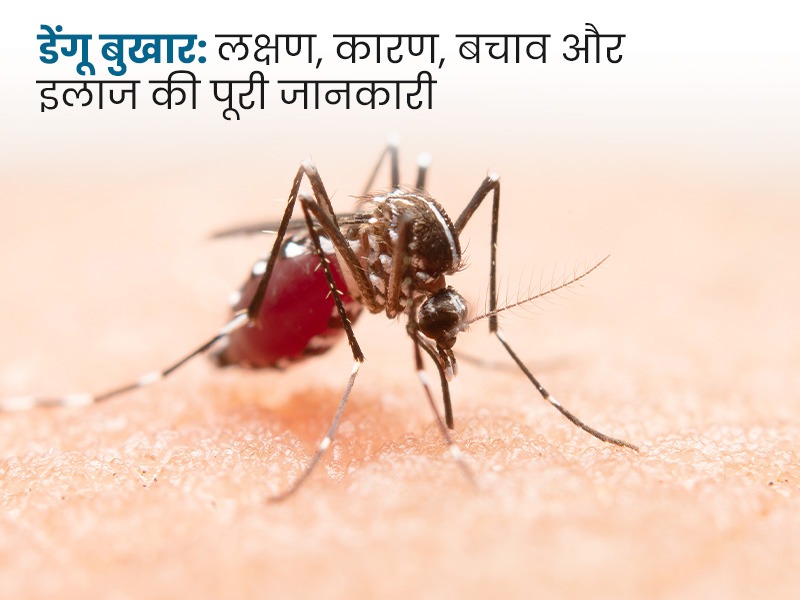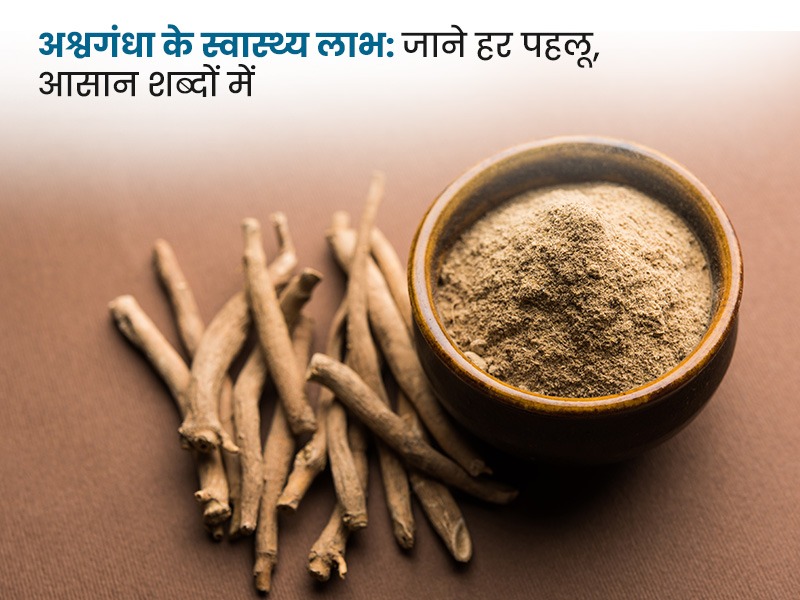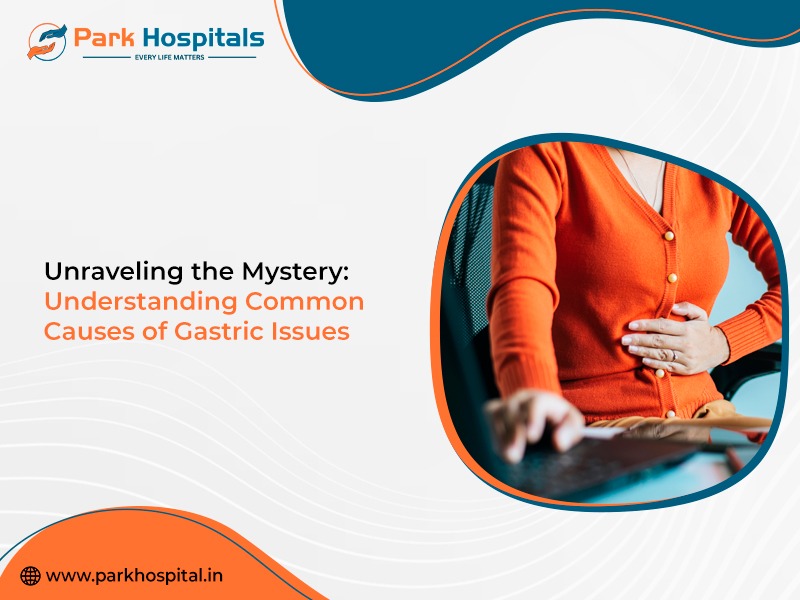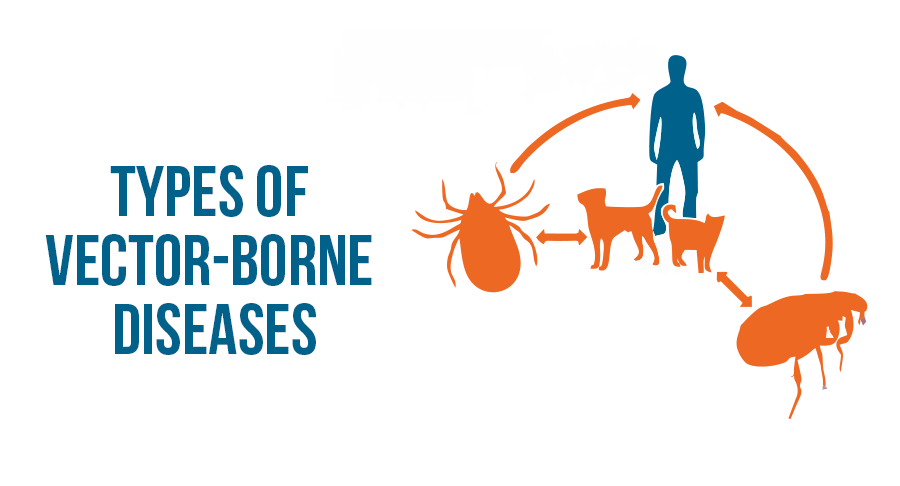Breathing in cold air can feel refreshing for some, but for people with asthma, it can do the opposite. Winter does not just bring a chill. You are likely to experience chest tightness, wheezing, and shortness of breath. According to the Global Asthma Report, almost 260 million people globally live with asthma, and cold air remains one of the most common triggers. But with the right precautions and treatment at the best lungs hospital in Delhi, winter asthma flare-ups can be managed effectively.
What Is Asthma?
Asthma is a chronic lung condition that causes inflammation and narrowing of the airways, due to which you find it difficult to breathe. The condition is not contagious, but symptoms vary from person to person. Their asthma pattern, severity, and triggers also differ. It occurs with symptoms, such as coughing, wheezing, chest tightness, and difficulty breathing. These symptoms can worsen during the night or early morning.
Why Cold Air Affects the Lungs
Cold air tends to be dry and dense, which irritates sensitive airways. When a person with asthma breathes in cold air, their bronchial tubes tighten. This response is known as bronchoconstriction. This limits airflow and triggers symptoms.
Sudden exposure to freezing temperatures can even increase airway inflammation and mucus production, both of which make breathing harder. For people with exercise-induced asthma, cold-weather workouts often worsen symptoms because the airways are already under stress.
Types of Asthma That Worsen in Cold Weather
Cold air tends to aggravate certain types of asthma more than others:
Allergic Asthma: Triggered by winter allergens like dust mites or mold in poorly ventilated spaces.
Exercise-Induced Asthma: Cold and dry air inhaled during workouts can trigger coughing and breathlessness.
Occupational Asthma: For people exposed to fumes or smoke in winter environments, symptoms often spike.
Cough-Variant Asthma: Characterized mainly by persistent coughing, which worsens in cold, dry air.
The best pulmonologists in Delhi recommend that everyone should be aware of their asthma type to get the most effective treatment plan.
Why Do Asthma Symptoms Spike During Winter?
There’s more to blame than just the temperature. Here’s why winter is tough on asthma patients:
Cold, Dry Air: Dehydrates the airway lining, leading to irritation.
Indoor Allergens: More time indoors means more exposure to dust, pet dander, and mould.
Respiratory Infections: Common colds and flu are rampant during winter and can worsen asthma.
Pollution: Winter air traps pollutants close to the ground, which increases the risk of flare-ups.
Care Tips from the Top Pulmonologists in Delhi
Experts at the best lungs hospital in Delhi suggest that managing asthma in winter requires a mix of prevention and control. Here’s what they suggest:
Warm Your Breath: Use a scarf or mask to cover your nose and mouth outdoors. This will humidify the air before it reaches your lungs.
Stick to Medication: Continue using your prescribed inhalers (both controller and rescue types). Skipping doses in winter increases the risk of attacks.
Avoid Outdoor Exercise in Early Mornings: That’s when the air is coldest and most polluted.
Get Vaccinated: Annual flu and pneumonia vaccines lower the risk of respiratory infections that worsen asthma.
Monitor Air Quality: Delhi’s air quality can drop sharply in winter. Use purifiers indoors and stay indoors on high-pollution days.
Consult Regularly: If symptoms persist or worsen, schedule follow-ups with your asthma treatment hospital.
Asthma Treatment Options at Leading Hospitals
Modern asthma treatment hospitals do not just focus on symptom relief. They offer appropriate treatment and guidance on effective prevention strategies. For severe cases, the treatment usually includes:
Inhaled Corticosteroids: To reduce inflammation in the airways.
Bronchodilators: To relax muscles around airways and ease breathing.
Leukotriene Modifiers: Oral medicines that help control allergic asthma.
Allergy Management: Identifying and reducing triggers using tests and immunotherapy.
Pulmonary Rehabilitation: Personalised exercise and breathing programs led by respiratory specialists.
When to See a Pulmonologist?
Visit a pulmonologist at the best asthma treatment hospital in Delhi if you experience one or more of the following:
Have frequent coughing, especially at night or after exercise
Feel short of breath or tightness in your chest
Rely on your rescue inhaler more than twice a week
Notice that cold air consistently triggers wheezing or coughing
Protect Your Lungs This Winter with Expert Care!
Cold air doesn’t have to control your breathing. With the right support, asthma can be managed effectively in every season. At Park Hospital, our pulmonology department offers advanced asthma treatment, modern diagnostics, and continuous personalised care as per your condition and needs. Don’t let winter take your breath away. Book a consultation with the best lungs hospital in Delhi today!
FAQs
1. Why does cold air trigger asthma symptoms?
Cold air irritates the airways, which causes them to narrow and produce excess mucus. This leads to coughing, wheezing, and shortness of breath.
2. Are asthma attacks more common in winter?
Yes. Cold, dry air, along with indoor allergens and pollution, makes winter a high-risk season for asthma flare-ups.
3. What are the first signs of cold-induced asthma?
The first key signs of asthma are coughing, chest tightness, wheezing, and breathlessness, especially during or after exposure to cold air.
4. Does indoor heating affect asthma symptoms?
Yes. Indoor heating reduces the humidity of the surroundings, which can dry out airways. It can also stir up dust mites or mold, further worsening symptoms.
5. When should I visit a pulmonologist for asthma?
If you experience frequent symptoms, nighttime coughing, or reduced exercise tolerance, visit a pulmonologist in Delhi for timely evaluation and treatment.


